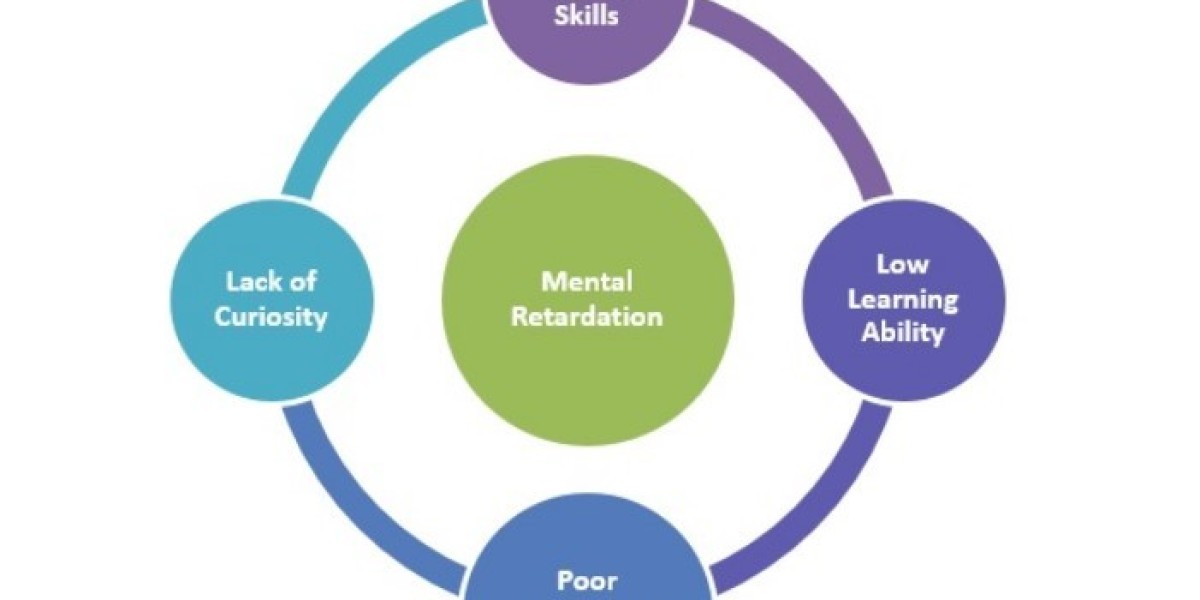Mental retardation, now more commonly referred to as intellectual disability (ID), is characterized by significant limitations in both intellectual functioning and adaptive behavior. These limitations originate before the age of 18. Diagnosing intellectual disability involves a comprehensive process that includes a combination of clinical evaluations, standardized testing, and observations. In this article, the center for developmental disabilities https://www.gccnyc.org/ reviews the main diagnostic methods used to identify mental retardation.
Clinical Evaluation
The initial step in diagnosing intellectual disability typically involves a thorough clinical evaluation conducted by a healthcare professional, such as a psychologist, psychiatrist, or developmental pediatrician. The clinical evaluation includes:
- Medical History: Gathering detailed information about the individual’s prenatal, perinatal, and postnatal history. This helps identify potential risk factors or genetic conditions associated with intellectual disability.
- Family History: Exploring the family’s medical and developmental history to identify any hereditary patterns or conditions.
- Developmental History: Reviewing the individual's developmental milestones to detect any delays or abnormalities in cognitive, motor, social, and language skills.
Standardized Intelligence Testing
Standardized intelligence tests are critical tools for diagnosing intellectual disability. These tests measure cognitive abilities, including reasoning, problem-solving, abstract thinking, and academic skills. Commonly used intelligence tests include:
- Wechsler Intelligence Scale for Children (WISC): A widely used test that assesses various cognitive abilities in children aged 6 to 16.
- Stanford-Binet Intelligence Scales: Another comprehensive test used to measure cognitive abilities across different age groups.
- Kaufman Assessment Battery for Children (KABC): This test focuses on assessing cognitive development and processing abilities in children.
A significant indicator of intellectual disability is an IQ score below 70-75, though this alone is not sufficient for a diagnosis.
Adaptive Behavior Assessment
In addition to cognitive testing, assessing adaptive behavior is essential in diagnosing intellectual disability. Adaptive behavior refers to the practical, social, and conceptual skills necessary for everyday functioning. Common tools for assessing adaptive behavior include:
- Vineland Adaptive Behavior Scales (Vineland-II): This assessment evaluates communication, daily living skills, socialization, and motor skills.
- Adaptive Behavior Assessment System (ABAS): A comprehensive tool that assesses adaptive skills across various domains, including communication, community use, and self-care.
Developmental and Behavioral Assessments
Developmental and behavioral assessments provide further insights into an individual's functioning and help identify co-occurring conditions. These assessments may include:
- Bayley Scales of Infant and Toddler Development: Used to assess developmental functioning in infants and toddlers.
- Autism Diagnostic Observation Schedule (ADOS): Often used if there are concerns about autism spectrum disorder co-occurring with intellectual disability.
Genetic Testing and Medical Evaluations
Genetic testing can identify underlying genetic conditions or chromosomal abnormalities associated with intellectual disability. Common genetic tests include:
- Chromosomal Microarray Analysis (CMA): Detects chromosomal abnormalities and microdeletions or duplications.
- Whole Exome Sequencing (WES): Identifies mutations in genes associated with intellectual disability.
- Specific Genetic Tests: Targeted tests for conditions like Down syndrome, Fragile X syndrome, and Rett syndrome.
Educational and Psychological Evaluations
Educational evaluations conducted by school psychologists or special education professionals assess the individual's academic performance, learning strengths, and weaknesses. These evaluations help develop appropriate educational plans and interventions.
Multidisciplinary Team Assessment
A comprehensive diagnosis of intellectual disability often involves a multidisciplinary team approach, including:
- Psychologists: Conduct cognitive and behavioral assessments.
- Medical Doctors: Perform medical and genetic evaluations.
- Educational Specialists: Assess academic performance and learning needs.
- Speech and Language Therapists: Evaluate communication skills.
- Occupational Therapists: Assess daily living and motor skills.
Conclusion
Diagnosing intellectual disability requires a multifaceted approach that combines clinical evaluations, standardized testing, and observations. By using a range of diagnostic methods, healthcare professionals can accurately identify intellectual disability and develop tailored interventions to support the individual's development and well-being. Early and accurate diagnosis is crucial for providing appropriate support and improving the quality of life for individuals with intellectual disability and their families.


